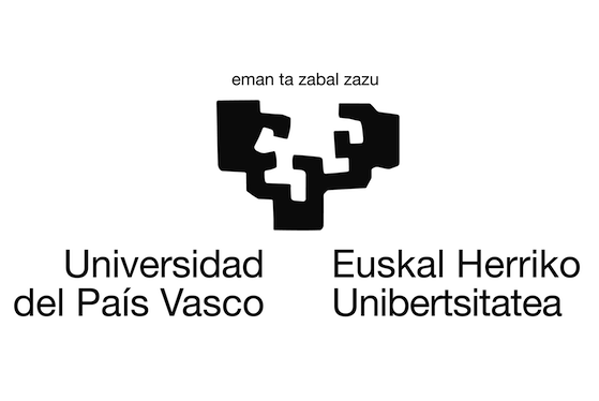Bases moleculares de patologías humanas de alta prevalencia: cáncer e infertilidad


National Cancer Institute
Rockville, Estados UnidosPublicaciones en colaboración con investigadores/as de National Cancer Institute (10)
2017
-
Therapeutic effects of XPO1 inhibition in thymic epithelial tumors
Cancer Research, Vol. 77, Núm. 20, pp. 5614-5627
2015
-
Molecular pathways: Anticancer activity by inhibition of nucleocytoplasmic shuttling
Clinical Cancer Research, Vol. 21, Núm. 20, pp. 4508-4513
2009
-
Combined assessment of EGFR pathway-related molecular markers and prognosis of NSCLC patients
British Journal of Cancer, Vol. 100, Núm. 1, pp. 145-152
2008
-
Apoptosis pathways and new anticancer agents
Principles of Molecular Oncology: Third Edition (Humana Press), pp. 257-268
-
Genotype analysis of the VNTR polymorphism in the SMYD3 histone methyltransferase gene: Lack of correlation with the level of histone H3 methylation in NSCLC tissues or with the risk of NSCLC
International Journal of Cancer
-
Integration of gene dosage and gene expression in non-small cell lung cancer, identification of HSP90 as potential target
PLoS ONE, Vol. 3, Núm. 3
-
Molecular mechanisms underlying the synergistic interaction of erlotinib, an epidermal growth factor receptor tyrosine kinase inhibitor, with the multitargeted antifolate pemetrexed in non-small-cell lung cancer cells
Molecular Pharmacology, Vol. 73, Núm. 4, pp. 1290-1300
-
Role of cMET expression in non-small-cell lung cancer patients treated with EGFR tyrosine kinase inhibitors
Annals of Oncology, Vol. 19, Núm. 9, pp. 1605-1612
2007
2004
-
Diabetes and exocrine pancreatic insufficiency in E2F1/E2F2 double-mutant mice
Journal of Clinical Investigation, Vol. 113, Núm. 10, pp. 1398-1407

